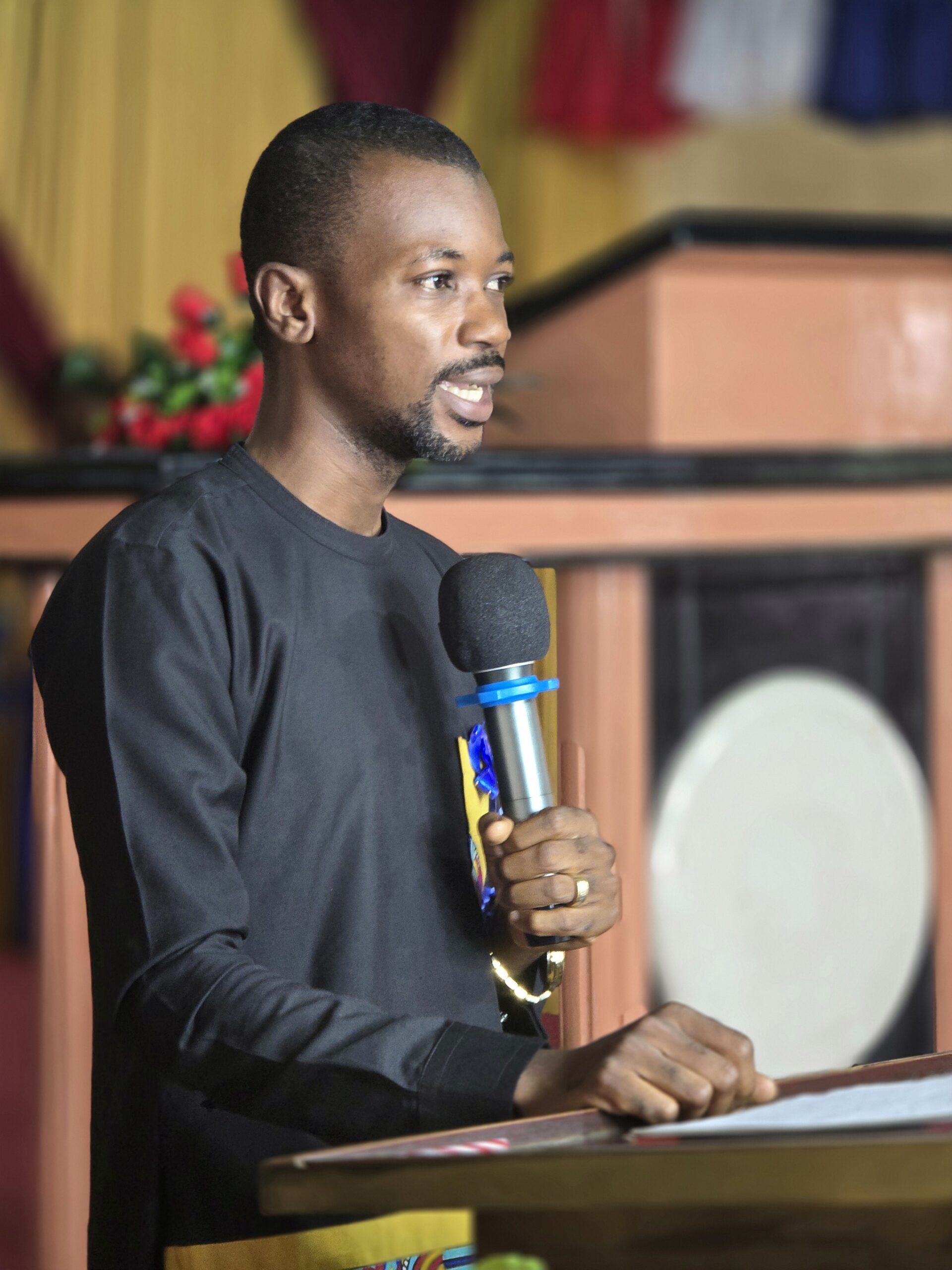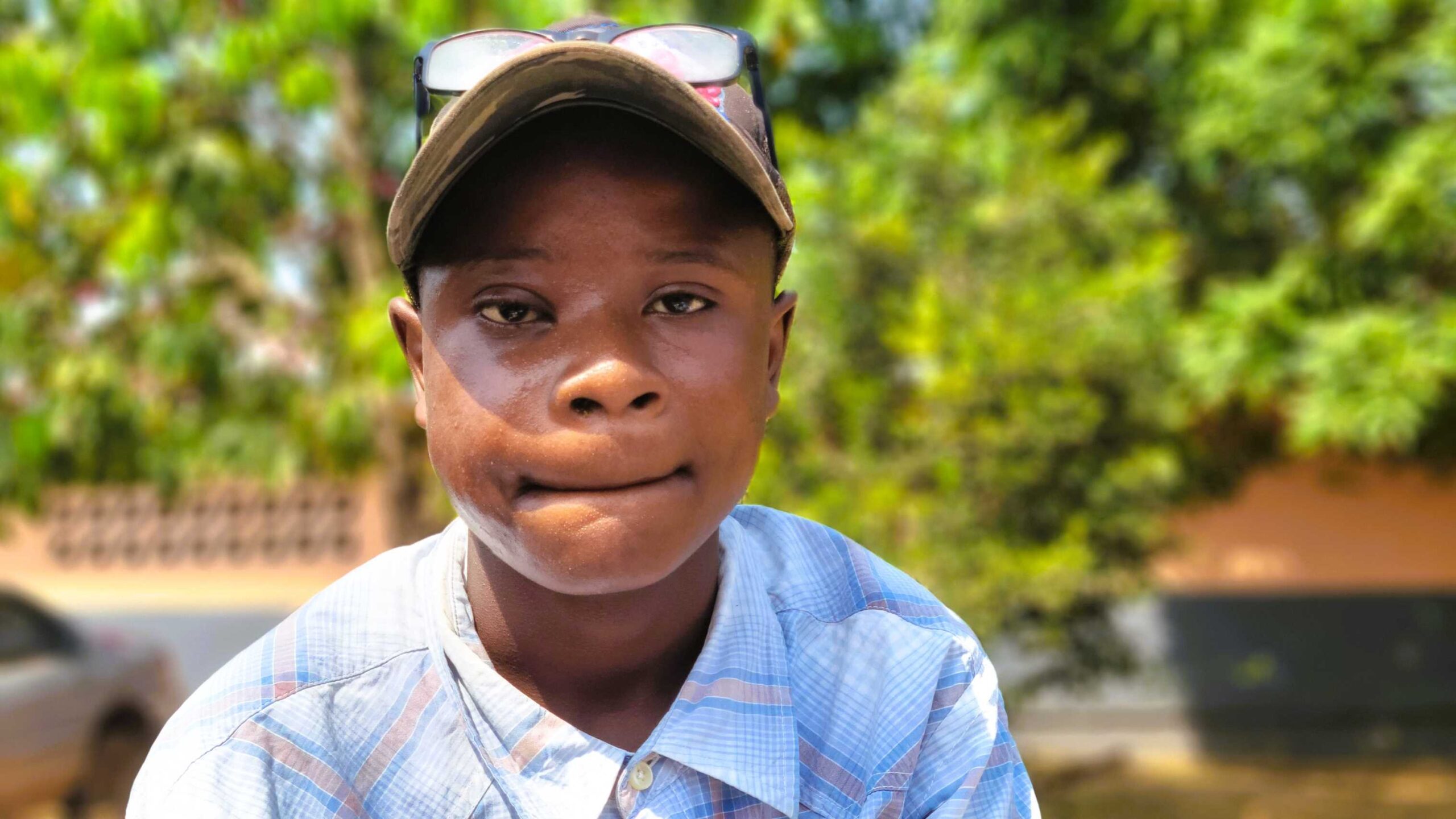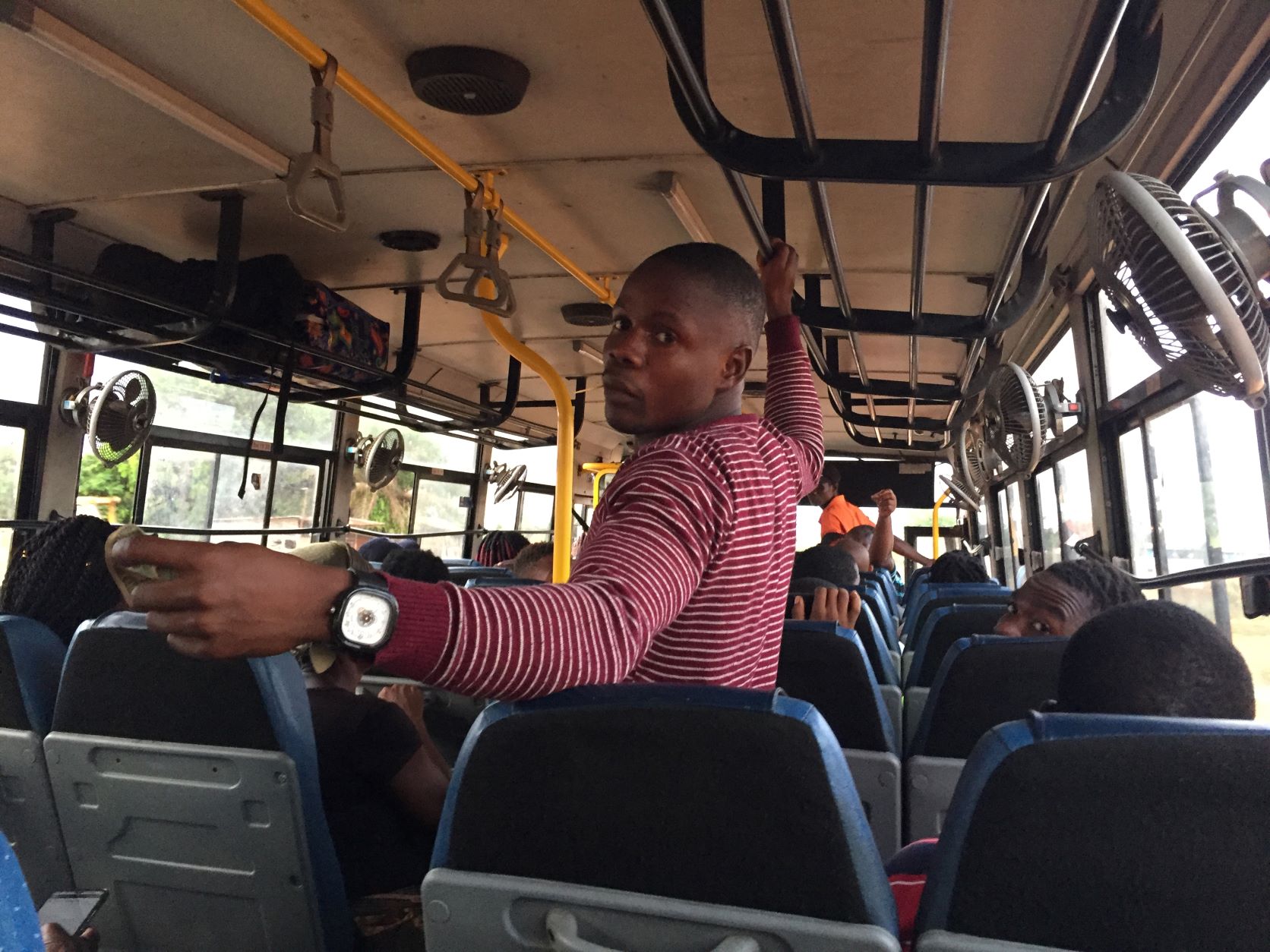Despite misfortunes, Liberians are happy at Thanksgivings
By James Kokulo Fasuekoi| Editor-Publisher
When Shiloh Baptist Church’s pastor, Fred Davis visited postwar Liberia, he marveled at the joyous way people worshiped God and never stopped talking about it till his death. But more than anything else, he wanted his U.S. congregation to adopt the Liberian warmed style of worshiping the Lord.
Founder of a large Black-dominated church in Eastern Pennsylvania, Pastor Davis once said that ‘Liberians had every right to quit serving God because of long sufferings and a terrible war they endured’ during the 90s which left many destitute, plus an estimated 300,000 lives lost.
Amid crisis, Liberians still appreciate God
But in spite of their horrible tragedies from the war eras, Davis recalled, Liberians- including those who lost entire family to the war, and with barely cloths on their backs, or food to their tables, still worship God with deep enthusiasm.
“They will dance, knock themselves all over the place and express gratitude to God to be alive.”
To Davis’ disappointment, he observed, most Americans, though blessed with plenty of foods, luxuries plus an unending freedom, still don’t seem to appreciate God for who He is in their lives, and that troubled him.
Hoping to infuse excitement in his church’s Sunday worship services, Davis slightly changed his church’s way of giving tithes and offerings. Instead of the old tradition of passing offering buckets around, worshipers would now dance, walk to the alter and drop off the offerings.
However, most members of his congregation-with the exception of Liberian-Americans and other African decedents-felt uncomfortable with this new way of worship and it was called off.
Shiloh Church wasn’t the only place people rejected the African style of worshiping the Lord. A Black pastor at Speedwell United Methodist Church in Savannah, in the U.S. Deep South, was cited by his church’s board when he introduced a similar style of worship at his church after a trip to Ghana.
Liberia: God’s miracles in hopeless situations

Living in a nation without an existing health insurance, no good roads, hospitals, nor jobs to go around, the only hope for people had been to turn to the Word of God and engage in fervent prayers. Hence, Liberians have plenty of reasons to be grateful to the Almighty at this Thanksgiving season.
Take for instance, the COVID-19 outbreak in 2020 in Liberia. Liberia registered her first COVID cases in March of 2020, and within about five months, the number had risen to a little over 1,000. Though several hundreds later succumbed to the disease, it wasn’t as devastating as health workers had predicted, considering the poor healthcare in most of Africa.

During a trip to Liberia last April, some people joked this writer about the wearing of mask he had gotten accustomed to in the U.S., saying, “There’s no COVID here; you need to put the mask away.”
They were right. The COVID had gradually faded away from the country just as it had come. In fact, there was hardly a trace of it in most parts of Liberia at the time, including its overcrowded capital, Monrovia which presently hosts over a million people.
During a journey through several counties such as Montserrado, Margibi and Grand Bassa, in May, only fewer individuals adhered to the CDC’s mask wearing protocols on the prevention of COVID, at crowded public places including mass transport buses and Waterside market.

This was a signal that God’s mercy still rests upon Liberia, in spite of outright wickedness such as reckless and ritualistic killings, and broad day corruption taking place in the country.
But Liberia’s chief medical officer, Dr. Francis Kateh was quick to credit his own response team for the breakthrough. In an interview with the FrontPage Africa, he attributed progress to an “effective airport screening” and other “precautionary” measures he said, they had applied.
The truth however, is that God is the one who rescued Liberia in that He worked through those who worked on the frontlines during the pandemic as His Word says, “I am with you always, to the end of the age”(Matt 28:20).

In 2014, the deadly Ebola virus similarly shattered the entire country. A guest professor returning to the U.S. from Liberia amid the crisis had expressed doubt about God’s willingness to save the country from the plague.
By the time the disease was put under control at least nearly 5,000 people had died of the virus.
On the contrary though, God eventually rescued the country from the scourge perhaps, not so much because of people’s cries or prayers, but because, He promised to be with His people even in crisis “For His mercy endures forever” (Psalm 118).
Giving gratitude to God at Thanksgiving
At this Thanksgiving, Liberians both at home and abroad, used social media to exchange warm Thanksgiving wishes and greetings.
On his Facebook page, Rev. Alexander Collins who pastors a church in Mound Views, Minnesota, wrote the following:
“Oh come, let us sing to the LORD! Let us shout joyfully to the Rock of our salvation. Let us come before His presence with thanksgiving; let us shout joyfully to Him with psalms. For the LORD is the great God, and the great King above all gods. In His hand are the deep places of the earth’ the heights of the hills are His also. The sea is His, for He made it; and His hands formed the dry land.” (Psalm 95:1-5).
As for Mr. Joe Mason, current head of the Association of Liberian Journalists in North America (ALJA), he took his Thanksgiving message from the Gospel of Colossians 3:17 “And whatever you do, whether in word or deed, do it all in the name of the Lord Jesus, giving thanks to God the Father through him.”
In Liberia itself, the festive of Thursday’s Thanksgiving went on throughout the country, with almost all Christian worship centers opening their doors to worship (which has been a tradition for years), according to a young Christian in Monrovia.
Scores of churches in the capital, particularly Lutheran denominations, held elaborate ceremonies and attendees posted photos of those events to social media.
In the 60s, students in rural Liberia were encouraged by teachers to take harvested farms produces like plantains, banana, plums, and eddoes to their local Lutheran church as their Thanksgiving offerings. The foods were distributed among widows and the needy in the community.
Coming of Thanksgiving to Liberia
Former freed U.S. Black Slaves are believed to have been among the first group of travelers to introduce the celebration of Thanksgiving to local indigenous populations that welcomed them to the Grain Coast which they later named: Liberia-the land of the freed.
Settler-Liberians of Congo ethnicity later named themselves “Americo-Liberians” (for the purpose of distinguishing themselves from Native Liberians). They went on and declared the new nation a Christian State.

It was a great move and America, especially the ACS that repatriated the ex-slaves to Africa in 1822, hoped their presence there would help spread the Gospels in the continent. Unfortunately, that wasn’t the case. Settlers failed from the beginning to convert local indigenous people to the new religion; and there were several factors why.
While they preached the love of Christ, for instance, they practiced segregation and hatred against indigenous. They also forced locals to pay “hut taxes “although it didn’t benefit them. If they refused, they were openly flogged in the presence of relatives, states journalist, Gabriel I.H. Williams, in his book: “Liberia: The Heart of Darkness.”
In addition, Settlers-Liberians deprived local indigenous from participating in the running of the government(s). Besides, they also denied locals of the right to citizenship in the land of their birth. Settlers’ rule certainly resembled a cruel enterprise, very much like the plantation style of life they had experienced in the American Deep South.

Rev. Joseph Conrad Wold, a Lutheran Church evangelist, in his 1968 published book entitled “God’s Impatience in Liberia,” expressed deep frustration and concerns over such mistreatment of indigenous by Americo-Liberians and feared that would choke Christianity in the country.
Another major issue that aborted the early spread of Christianity to Liberia’s hinterlands by Americo-Liberians is the fact that they limited their settlements along the seacoast and made no attempts to move upcountry where the harvest of the Gospel awaited them.
Some Biblical scholars now believe such behavior by the Settlers was born out of selfishness and with intent to keep the Gospels only to themselves.
Such attitude prompted White U.S. missionaries to move into the rural parts of Liberia, taking the Gospels to the people.
White missionaries first studied the languages of indigenous people, then, thought them of the sacrifices of Jesus Christ on the Cross, the Trinity, and the observance of Thanksgivings, a tradition that remains alive in the country today.











